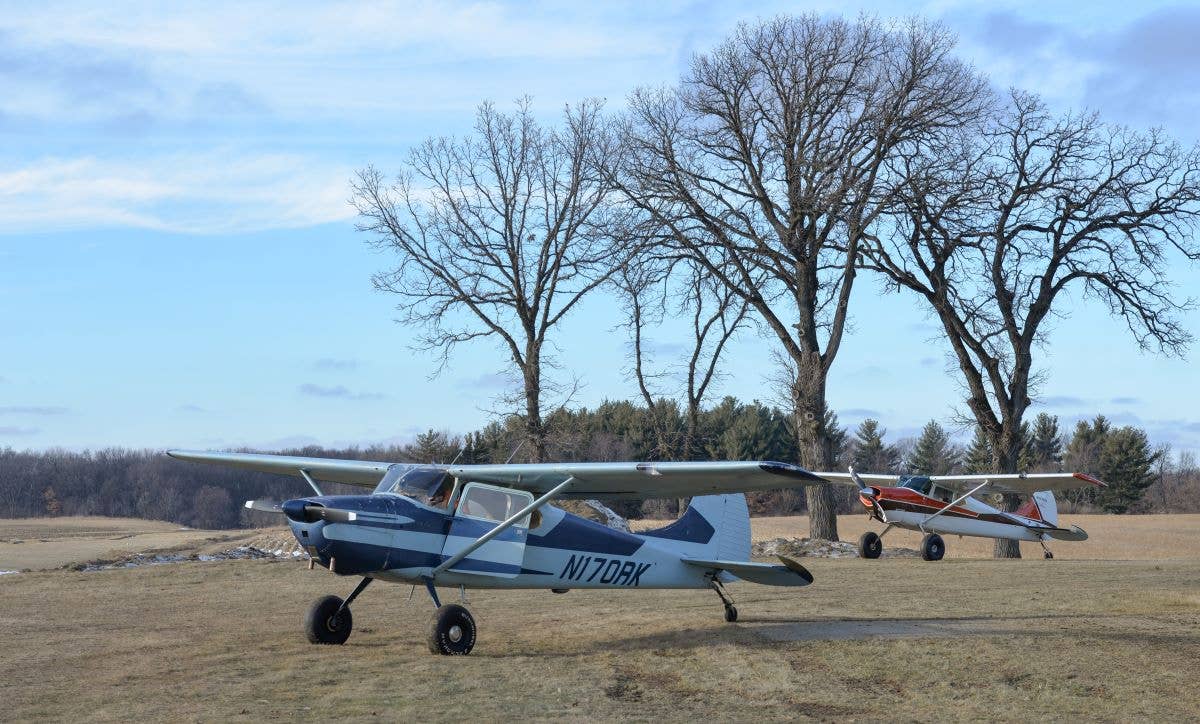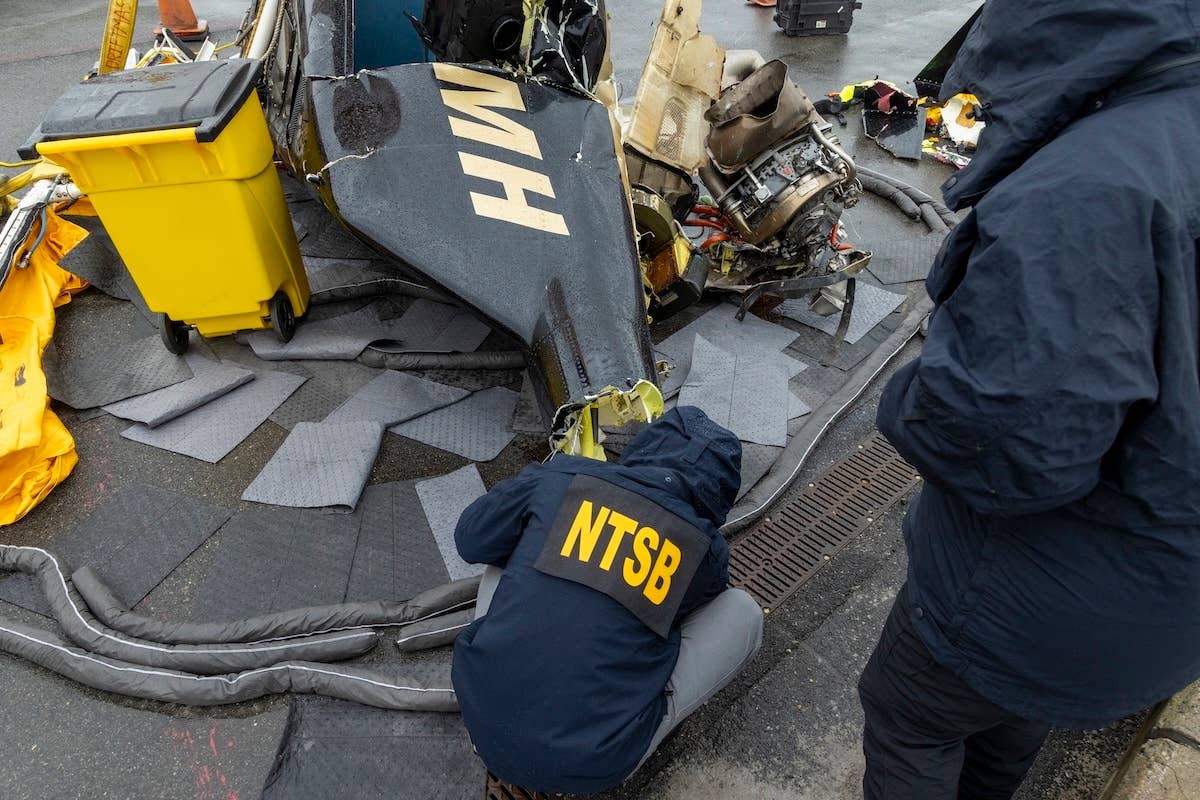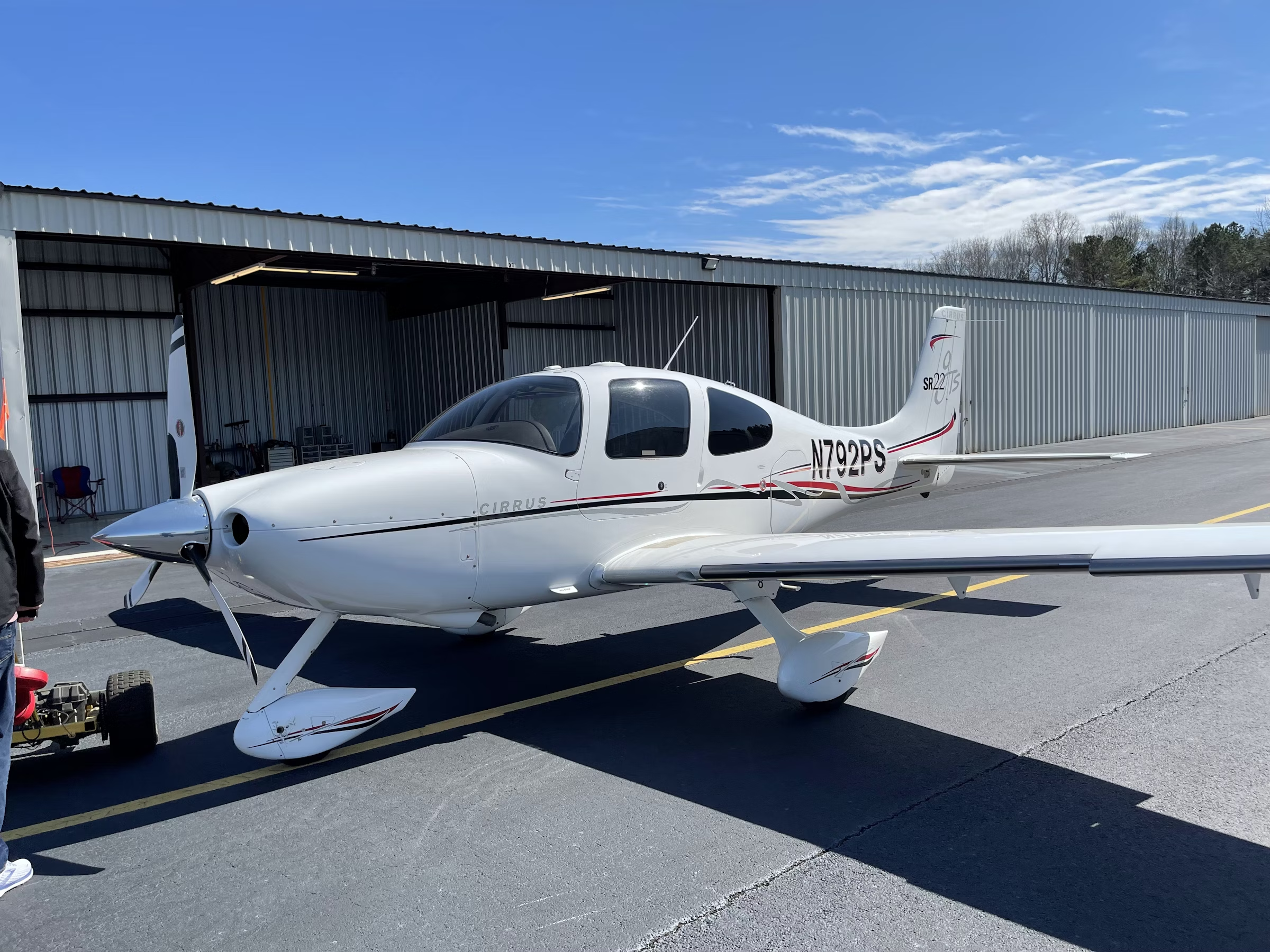Navigating the Aircraft Ownership Learning Curve Through Type Clubs
Joining a like-minded group of aviators is an invaluable resource for shoppers as well as owners.

When considering the purchase of a specific aircraft type, interacting with owners can pay dividends—both before and after your purchase. Courtesy: Jason McDowell
While browsing an aviation forum recently, I happened upon a thread in which an airline pilot was considering the purchase of a high-performance piston twin. The model he was considering was fairly maintenance intensive, with complex systems and a $300,000-$500,000 price tag. It would be his first airplane, and he was asking a general audience of pilots and aviation enthusiasts for advice about ownership in general and the specific type in particular.
This is something I see fairly regularly, albeit more commonly in reference to more basic and affordable types. A prospective buyer polls a general audience for specific advice about a major purchase, and the replies are both predictable and suspect. All too common is the warning that parts for anything other than Cessna, Piper, or Beechcraft are impossible to find. While certain aircraft (and engines) do indeed present some difficulty with regard to parts availability, the vast majority are entirely possible to own and operate without too much trouble.
There are far better ways to become informed about a given aircraft type, and my favorite, by far, is type clubs.
- READ MORE: Going to the Birds, And How Not To
For a nominal fee, one can purchase an annual membership to a type club and instantly gain access to a treasure trove of virtually any mass-produced type out there. Good clubs offer online libraries chock full of scanned documents, manuals, diagrams, and literature. Additionally, many club websites are home to online forums with comprehensive prepurchase inspection checklists, airworthiness directive (AD) lists, and firsthand knowledge crowdsourced from current and former owners. Best of all, membership is almost always made available to shoppers who aren’t yet owners, offering an extremely affordable education about a type under consideration.
As someone who creates spreadsheets and compiles detailed documentation for purchases as minor as a toaster, I joined The International Cessna 170 Association early in my shopping process, years before actually purchasing one. I spent hours soaking up as much info as I could about the type. Of particular note was a pinned thread in its forum that listed approximately 30-40 items to address immediately upon purchasing a 170. The list was detailed, and the reasoning behind each item was provided.
When I finally bought a 170 and dropped it off for its first annual inspection, I presented that list to my mechanic. Before long, he completed approximately a dozen various mods, many of which I’d never have discovered without entering the 170 community. I learned that the parking brake has a history of becoming partially engaged after a rudder pedal is pushed to the stop during crosswind landings or taxiing, and we followed the advice to disconnect it entirely. We proactively replaced the tailwheel leaf springs and old copper oil pressure gauge lines. I also had him perform multiple specific inspections that weren’t called out in any manufacturer materials.
- READ MORE: When It’s Better to Have It and Not Need It
Without question, my $45 annual membership had just paid for itself, and I hadn’t even tapped into any of the scanned documentation. Neither had I posted many of my own questions in the forum or engaged with any of the all-knowing 170 owners and their decades of experience maintaining the type. With such informed and helpful people at my disposal, happy to help tackle problems and lend their expertise, this membership is one that I don’t think twice about renewing.
Type clubs like this are also an excellent source of events. Many hold refresher and currency clinics aimed at sharpening the skills of the owner group as a whole. Some even negotiate special rates with insurance companies for owners who have demonstrated an ongoing effort to undergo recurrent training. And even if a club hasn’t arranged for formal discounts, I’ve spoken with one insurance broker who acts as an owner advocate, presenting underwriters with proof of such training and negotiating lower rates as a result.
Other clubs do an excellent job with social events. At face value, many of them appear to be little more than excuses to devour vast amounts of cheeseburgers and ice cream. But if such temptations are what it takes to motivate owners to preflight their airplanes and get into the air regularly, well, that’s good for airplane and pilot alike.
It’s possible rare types benefit the most from a vibrant, active type club or owner’s association. The Meyers Aircraft Owners Association is a textbook example. With a small fleet size to begin with, airframe parts can occasionally become difficult to source. So when the original factory jigs and tooling were located by a Meyers owner, he purchased everything and stored it all in a secure location for preservation. Due to his efforts, the entire Meyers community will be able to source brand-new airframe parts if and when they are required.
To determine whether your type has a corresponding club, simply Google your aircraft along with the words “club” or “association,” and you’ll likely find any that exist. Additionally, the EAA Vintage Aircraft Association maintains an excellent list of type clubs.
Finally, if your time and workload permit, consider getting involved and giving back to your community of owners. Help to organize a fly-out or two during the summer. Contribute some of your newfound knowledge in the forums. And lend a helping hand to others who are navigating the steep learning curve of ownership for the first time.

Sign-up for newsletters & special offers!
Get the latest FLYING stories & special offers delivered directly to your inbox






